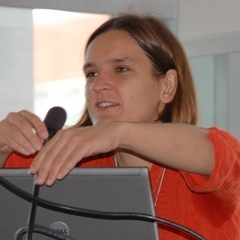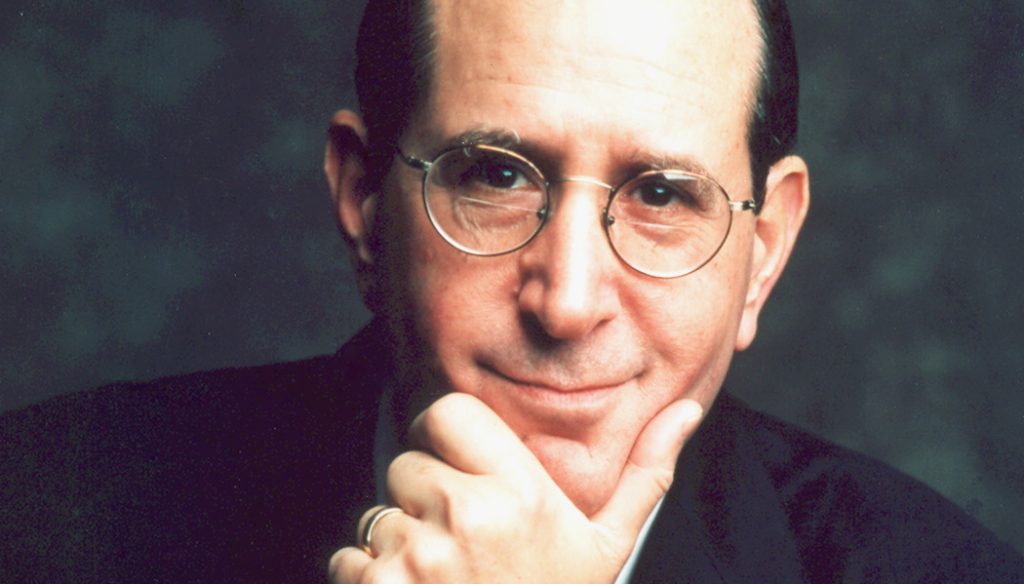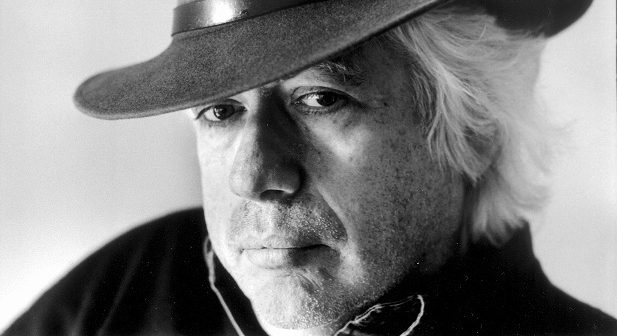Esther Duflo

Esther Duflo
Future: Preventive Medicine
Renowned French economist Esther Duflo is Professor of Poverty Alleviation and Development Economics in the Department of Economics at MIT.
She is also a founder and director of the Abdul Latif Jameel Poverty Action Lab.
She shared the 2019 Nobel Prize in Economic Sciences with Abhijit Banerjee and Michael Kremer “for their experimental approach to alleviating global poverty.”
Educated in France and in the U.S., she combines rigorous analytic methods and strong, randomized study designed to puncture preconceptions and produce a reliable measures of effects.
While her work spans a spectrum of social conditions and strategies related to alleviation of poverty, a number deal directly with the prevention of disease.
Duflo studied the long-term health effects of indoor air pollution on women and children, prompting the reconsideration of prior policy assumptions. She compared various combinations of incentives and education on fertility and sexually transmitted infection rates in Kenya, demonstrating the benefit of combining financial support and targeted education. In rural India, she demonstrated that modest incentives achieved more than triple the rate of completed immunization than traditional approaches, reducing the cost per immunized children by half.
Duflo has shown that it is possible to conduct definitive randomized controlled trials under real-life conditions to inform policy choices in preventive medicine and in other domains. The cumulative impact of Duflo’s work on combating poverty and illness has the future potential to improve the lives of hundreds of millions of the planet’s poorest inhabitants.
Esther Duflo is the recipient of a MacArthur Fellowship, was awarded the Best Young French Economist Award (Le Monde, Cercle des économistes), recognized with the John Bates Clark Medal, was named one of Time magazine’s 100 most influential people in 2011, was appointed by U.S. President Barack Obama as a member of the President’s Global Development Council and won the Nobel Prize in 2019.


